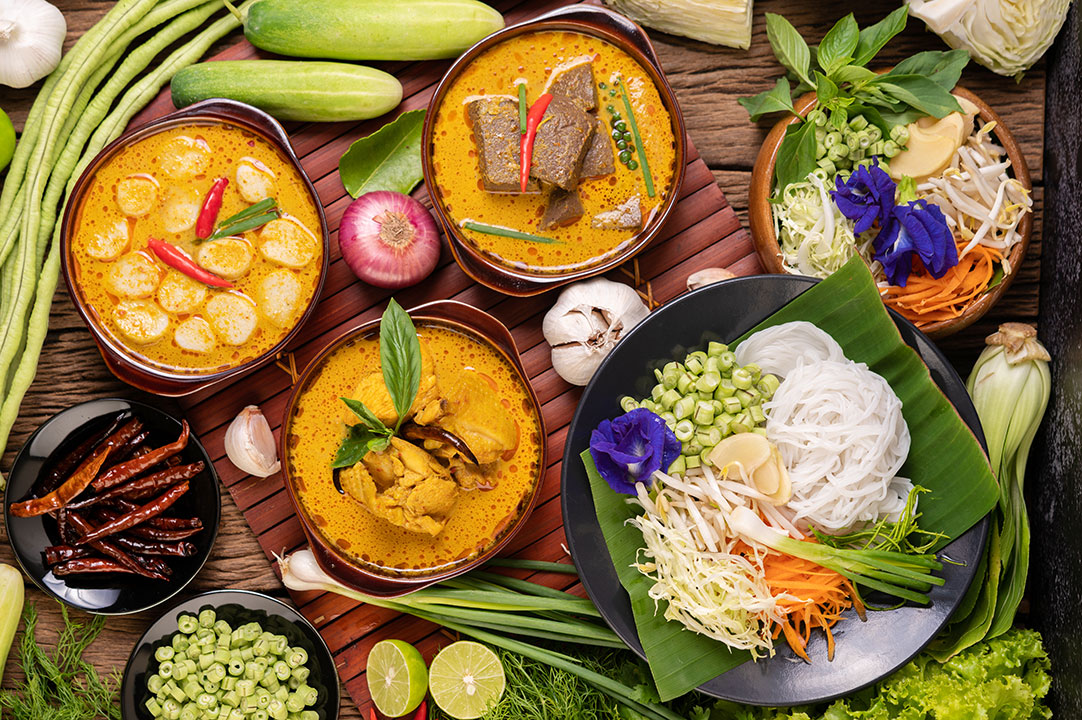
THE Department of Trade and Industry (DTI) said it signed a memorandum of understanding with DK P.O. Fulfillment Co., Inc. (DKPO) to offer non-interest financing services to micro-, small- and medium-sized enterprises (MSMEs) in the halal industry.
“Our MSMEs are at the forefront of our halal initiatives, poised to reap significant benefits,” Trade Secretary Alfredo E. Pascual said at the signing event on Monday.
Under the agreement, DKPO will provide support to MSMEs seeking to join the global supply chain for the halal industry.
The partnership also aims to provide the small companies with logistics management, quality control and inspection, custom brokerage, insurance, and global sourcing and procurement services.
“DKPO greatly believes that the true growth of the halal industry will be dependent on a program that will address the development of an end-to-end entrepreneurial ecosystem,” said Antonio P. Intal, president and chief executive officer of DKPO.
According to Mr. Intal, the financing services that DKPO will provide are compliant with Islamic financing that rules out charging “riba” or interest.
He said that DKPO will be the MSMEs’ partner in fulfilling purchase orders through an excess opportunity sharing program.
“We want to concentrate not on your company but on the contract or the purchase order that you have. We will help you in fulfilling and delivering that,” he said.
Instead of charging interest, the DKPO scheme is to share profits with MSMEs once the purchase order has been fulfilled.
“The sequence will focus on entrepreneurial education, then pre-seed funding incubation, then acceleration, then market penetration and development, and finally growth funding via transaction venture capital (or profit-sharing model),” said Mr. Intal.
Aside from the partnership with DKPO, the DTI also entered other partnerships with entities in Malaysia, Indonesia, and Brunei Darussalam.
“Further capacity and capability building, expert exchanges, and mutual recognition in certification and accreditation are among the collaborations being advanced by the DTI Halal team,” the department said.
Malaysian Ambassador to the Philippines Dato Abdul Malik Castelino said that he welcomes the Philippines’ burgeoning halal industry and has committed to help the Philippine government in its efforts in growing the industry.
“The trade and investment relations between the Philippines and Malaysia are even brighter, especially when the Philippines is able to supply the halal needs of global halal consumers,” Mr. Castelino said.
Mr. Pascual said that DTI intends to develop and promote the halal industry and position the country as the most halal-friendly trade and investment hub in the Asia-Pacific.
“We are eyeing a bigger share of the $7-trillion global halal market. This market encompasses a diverse range from halal food, halal pharmaceuticals, halal-friendly tourism, and Islamic finance to modest fashion and halal cosmetics,” he said.
He added that the global Muslim population is expected to grow to 3 billion in the next year which will help grow the global halal market, which was estimated at $3.2 trillion in 2015.
Malaysia, Brunei Darussalam, and Indonesia are among the biggest markets for halal. Mr. Pascual noted significant Muslim populations in Singapore, Thailand, and other ASEAN countries.
“Their presence further underscores the vast scope of opportunity before us,” Mr. Pascual said.
This week, President Ferdinand R. Marcos, Jr. is set to lead a delegation to the ASEAN-Gulf Cooperation Council Summit in Riyadh, in which Mr. Pascual will promote Philippine halal programs. — Justine Irish D. Tabile



